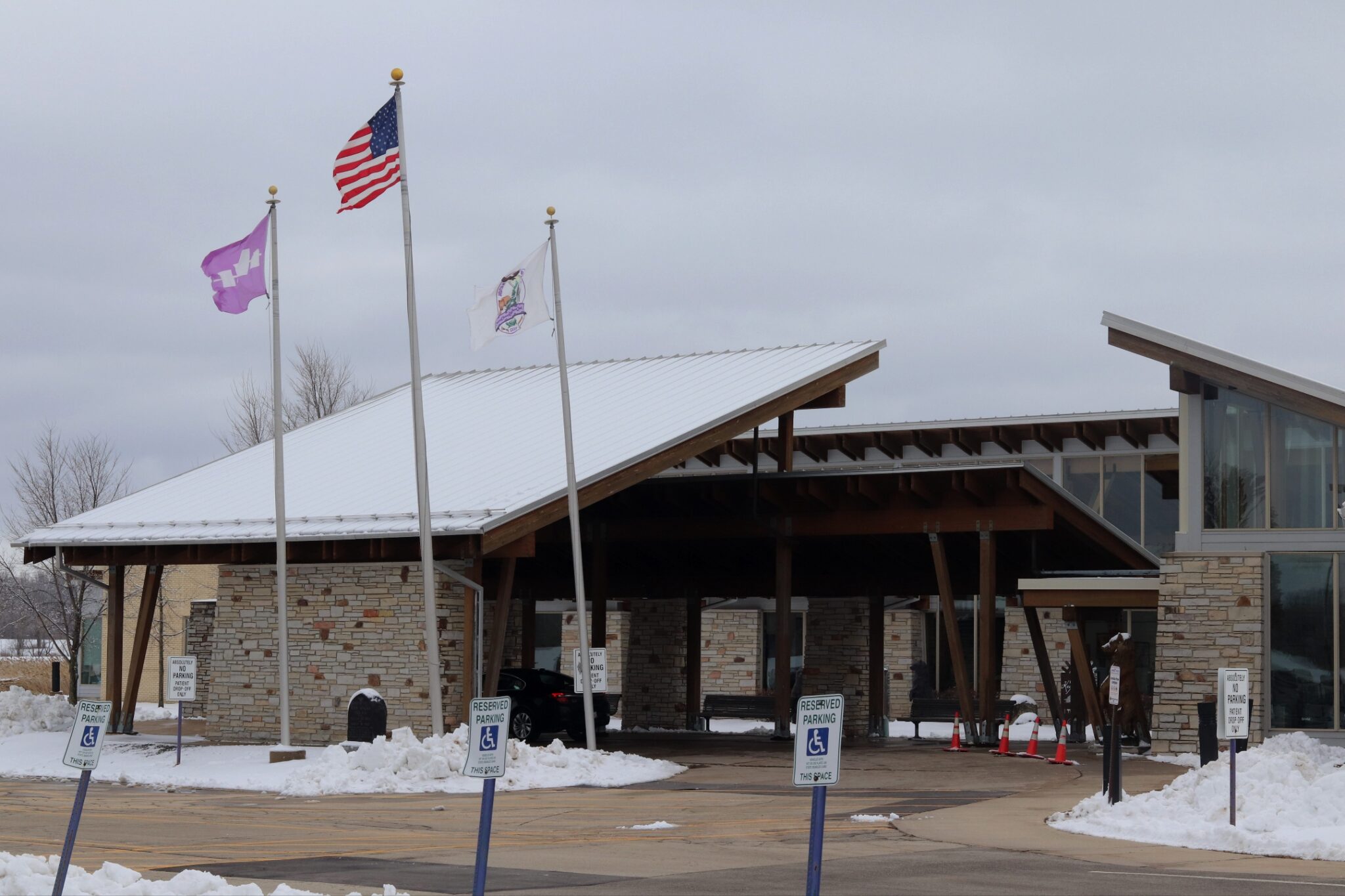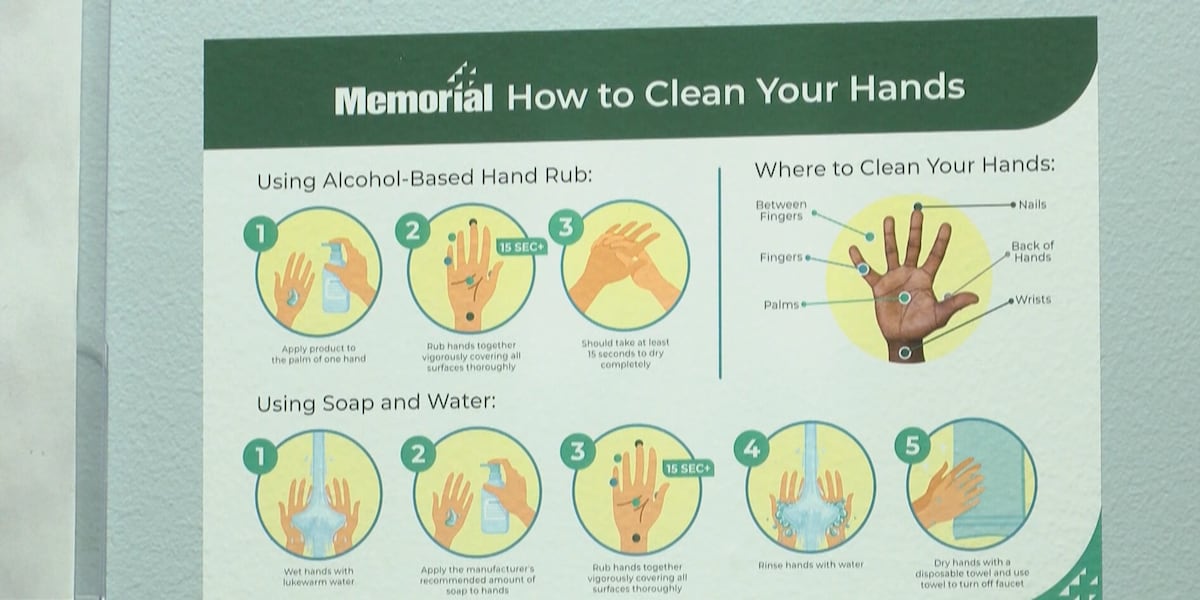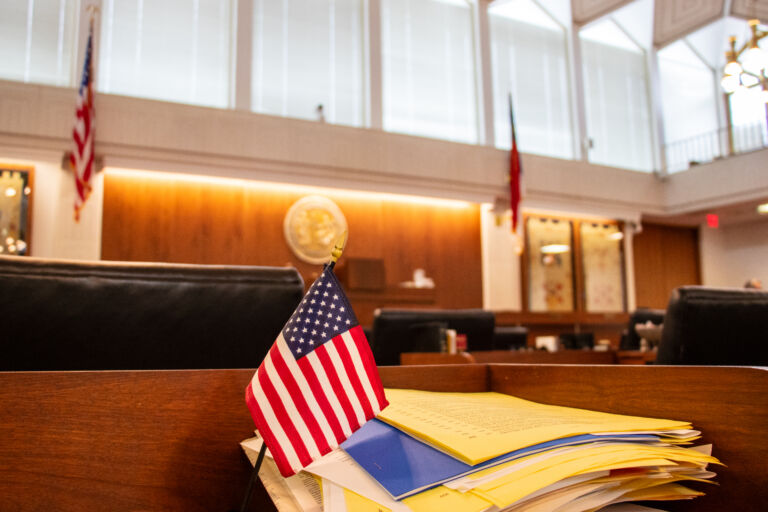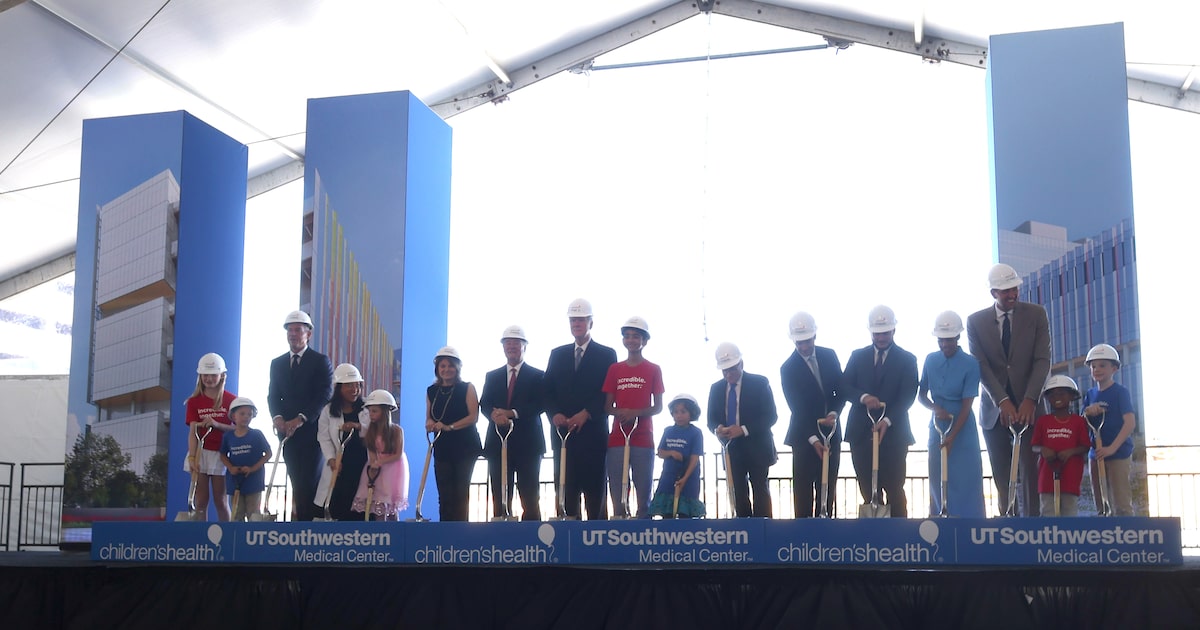Vaccine Vigilance: How Colorado Preempted RFK Jr.'s Anti-Vaccine Rhetoric
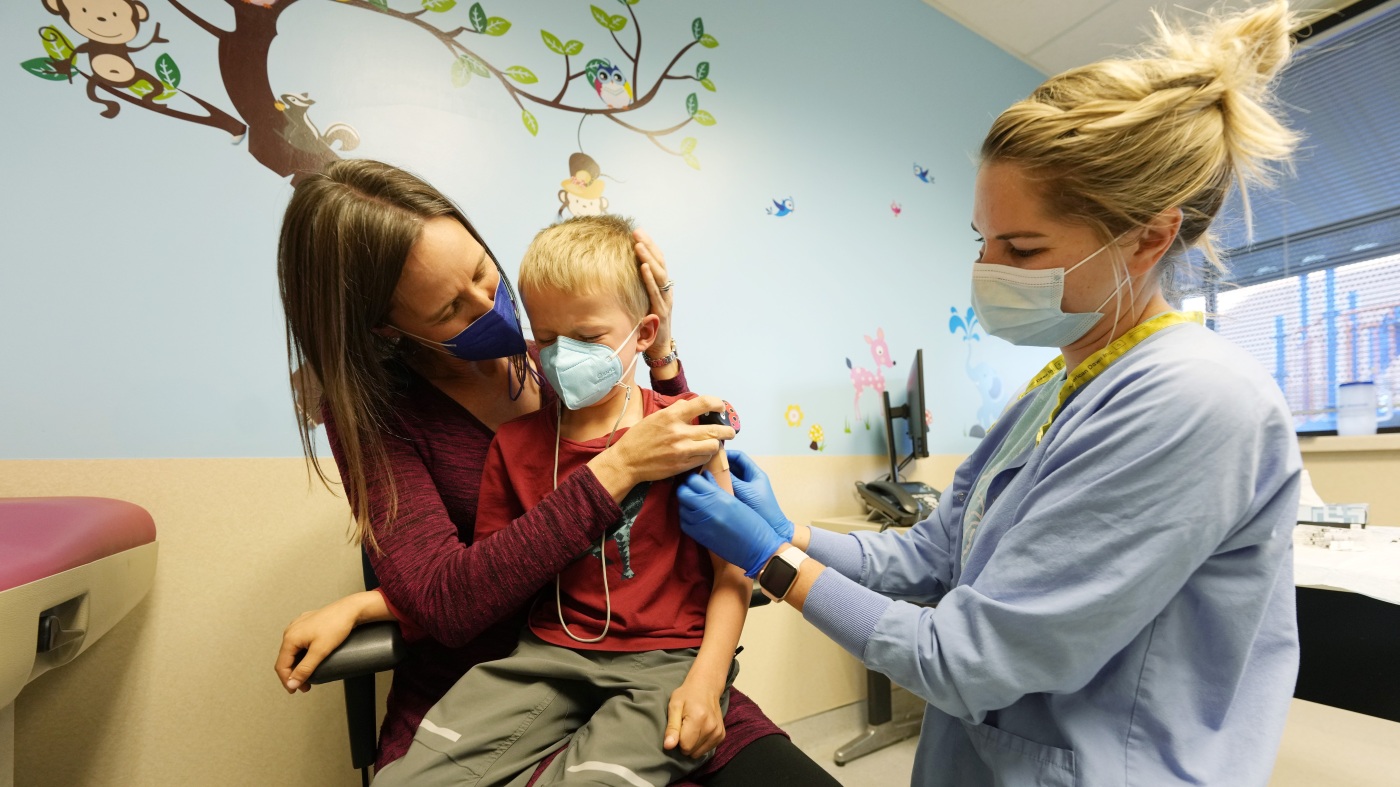
As Health Secretary Robert F. Kennedy, Jr. continues to challenge and reshape federal vaccine policy, states like Colorado are taking proactive steps to safeguard public health. In response to growing uncertainty at the national level, Colorado is spearheading efforts to protect vaccine access through strategic legal and regulatory modifications.
The state's lawmakers are working diligently to ensure that residents maintain comprehensive immunization options, despite the potential disruptions caused by federal-level policy changes. By adapting local regulations, Colorado aims to create a robust framework that prioritizes community health and individual protection against preventable diseases.
These state-level initiatives represent a critical response to the evolving landscape of vaccine policy, demonstrating how local governments can act as crucial guardians of public health when federal guidance becomes uncertain. As the debate around vaccination continues, Colorado's approach highlights the importance of adaptive and responsive healthcare strategies.



